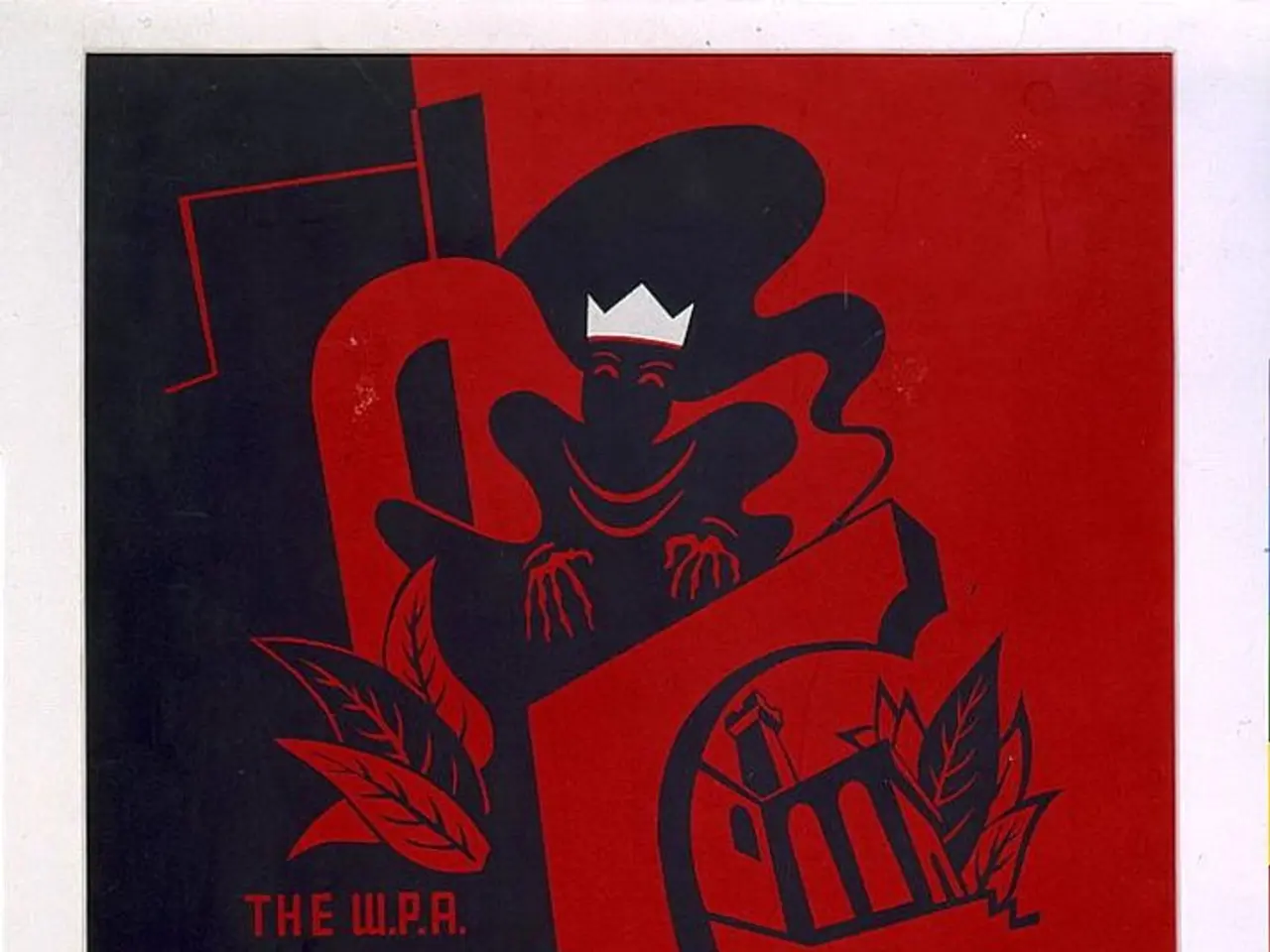Demystifying the Logical Fallacy of Reductio Ad Absurdum Using Straightforward Illustrations
In the world of mathematics, philosophy, and everyday reasoning, the technique of Reductio Ad Absurdum (RAA) shines as a valuable tool for refuting claims and guiding decision-making. This logical argument technique, which translates to 'reduction to the absurd', challenges an argument rigorously and brings forth logical clarity.
RAA is not limited to formal logic and mathematics; it can be applied in everyday conversations, ethical discussions, and various forms of persuasive communication. By taking an idea to its extreme or logical conclusion and revealing how it results in an outcome that defies common sense or reality, RAA helps in disproving a statement and encourages deeper critical thinking.
Let's delve into a simple example: proving that there are no prime numbers greater than 2 that are even.
- Assume the opposite: There exists at least one even prime number greater than 2. Let's call it n.
- Analyze the implication: Since n is even, it is divisible by 2, which contradicts the definition of prime numbers (prime numbers are only divisible by 1 and themselves).
- Identify the absurd conclusion: We've reached a logical inconsistency, as our assumption leads to a prime number having more than two divisors.
- Reject the opposite and affirm the original claim: Since our assumption leads to a contradiction, we conclude that our original claim, "There are no prime numbers greater than 2 that are even," must be true. Therefore, all prime numbers greater than 2 are indeed odd.
RAA is not just a tool to debunk arguments, but it also serves to validate original claims through rigorous logical implications. It offers advantages in reasoning and debate, such as clarity in argumentation and strengthening logical thinking. Moreover, RAA can be an effective communication tool for persuading others in debate by illuminating flaws in opposing viewpoints.
In everyday reasoning, individuals use RAA without formal acknowledgment to strengthen arguments and clarify complex propositions. For instance, in debates or discussions, people use RAA to counter an opponent’s argument by exaggerating it until it becomes ridiculous or contradicts itself, illustrating why the original premise is flawed.
RAA has practical applications in moral and ethical debates, where showing that a certain belief or rule, if applied consistently, would justify absurd or morally unacceptable consequences undermines that belief. In everyday decisions, one might reject an idea by imagining its most extreme, unlikely consequences, thereby demonstrating its impracticality.
In religious or philosophical discussions, RAA is used to counter arguments by pushing their implications to illogical or absurd ends, revealing hidden weaknesses or misunderstandings. This technique is powerful because it relies on logic and imagination to test ideas beyond their face value, helping people uncover hidden problems, contradictions, or undesired implications before fully accepting an argument or action.
In conclusion, RAA is used daily in reasoning by testing ideas through their logical consequences, exposing contradictions or absurdities to refute claims or guide better decision-making. Whether in mathematics, philosophy, or everyday life, RAA is a valuable ally in the pursuit of logical clarity and critical thinking.
- Education and self-development provide individuals with the ability to apply Reductio Ad Absurdum (RAA) confidently in daily life, enhancing their reasoning skills and critical thinking.
- By mastering RAA in various contexts, such as ethical discussions, religious debates, or decision-making, a well-rounded education equips individuals with a powerful tool for accumulating knowledge and honing their communication techniques.




